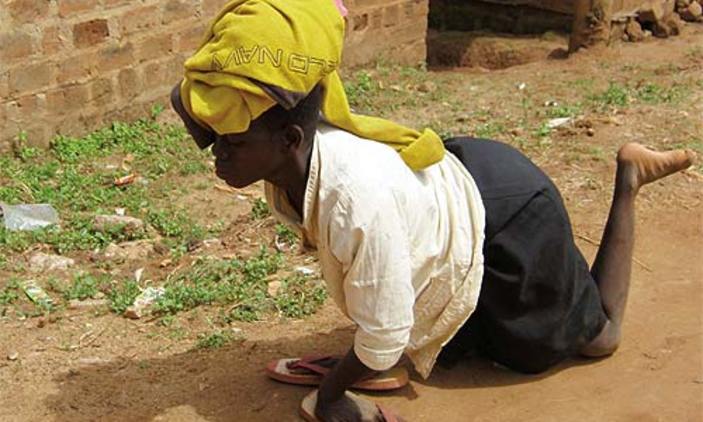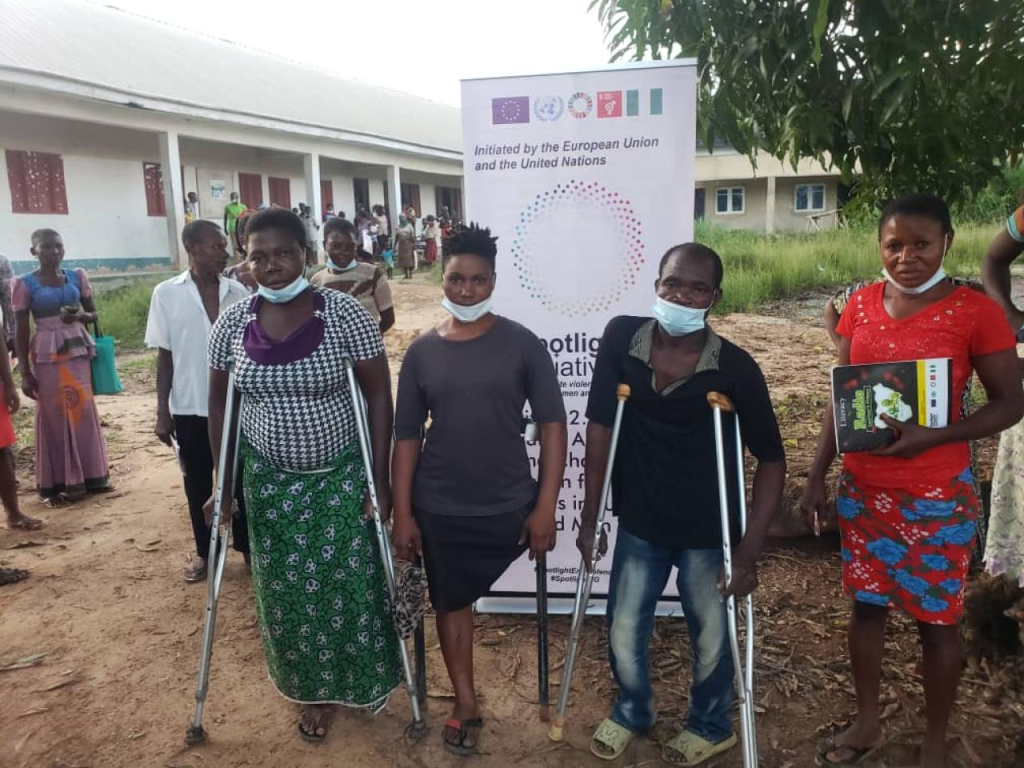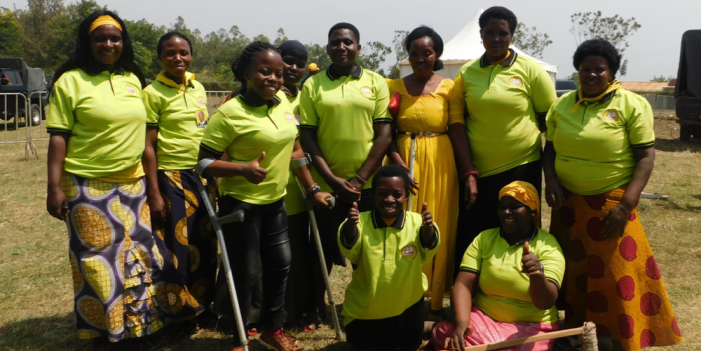Improving the status of women living with disabilities in Uganda requires a multi-faceted approach that addresses various aspects of their lives. As we come to the end of the women’s month, we reflect on some strategies that could be implemented:

- Provide education and vocational training: Women living with disabilities should be given access to education and vocational training opportunities to equip them with the skills they need to earn a living and become financially independent.
- Create awareness: It is important to create awareness about the rights of women with disabilities in Uganda. This can be achieved through community outreach programs, media campaigns, and advocacy.
- Improve access to healthcare: Women with disabilities face multiple barriers to accessing healthcare, including physical and financial barriers. Improving access to healthcare services, including reproductive health services, would greatly improve their quality of life.
- Ensure accessibility: Accessibility is a key issue for women with disabilities. Making public spaces, transportation, and buildings more accessible will enable them to participate fully in society.
- Provide legal support: Women with disabilities are often subjected to discrimination and abuse. Providing legal support and advocacy can help protect their rights and hold perpetrators accountable.
- Involve women with disabilities in decision-making: Women with disabilities should be included in decision-making processes that affect their lives. Their voices should be heard, and their perspectives should be considered in policies and programs that impact them.
- Provide social support: Women with disabilities often face isolation and social exclusion. Providing social support, including peer support groups and counseling services, can help improve their mental health and overall well-being.

By implementing these strategies, the status of women living with disabilities in Uganda can be improved, enabling them to live full and productive lives.
Watch the video below to learn how we can reduce violence and discrimination against children living with disability.

